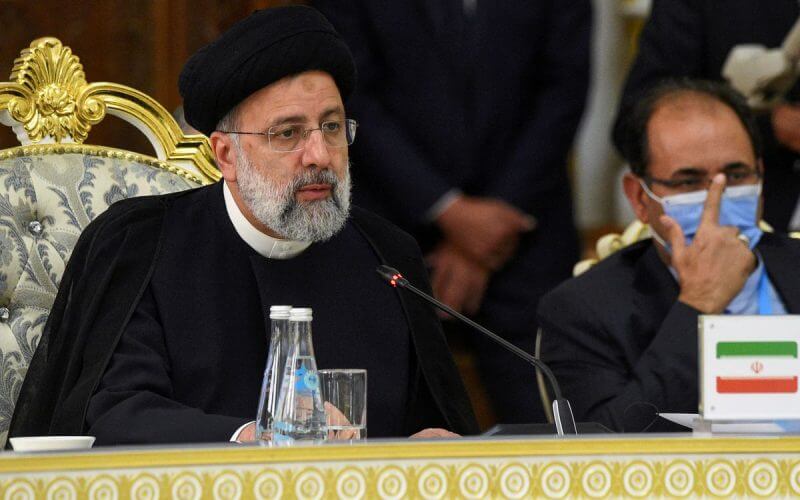As Iran and the United States inch toward restoring the 2015 Obama-era nuclear deal to curb Iran’s nuclear ambitions while easing economic sanctions, both countries are now engaging in swapping prisoners.
After months of negotiations between Tehran, the U.S., and other European officials in Vienna, the text of the new Iranian nuclear deal aims to deal with issues like prisoner swapping, which was unresolved in the 2015 JCPOA agreement.
While the Iranian government may claim Iran is swapping prisoners with the West as a gesture of goodwill, others say there is more to their actions than meets the eye.
Over the weekend, Iranian Foreign Minister Hossein Amir-Abdollanhian stated that the Islamic Republic of Iran was ready to swap prisoners with the U.S. and other Western countries and blamed the other side for running the process because of the Trump administration’s pullout of the 2015 Iranian nuclear deal.
Some have argued that the only reason Iran has imprisoned American and European citizens is to have leverage at the right time against the West, particularly when it comes to issues such as the nuclear agreement. However, Iran’s foreign minister was quick to point out that Iran has allegedly decided to engage in a prisoner exchange not because of the nuclear talks between Iran and the U.S but rather a gesture of goodwill.
Iran’s foreign minister has indicated that some prisoners will be free, while experts point out that not all American and European citizens will be free, allowing Tehran to continue to have diplomatic leverage against the West.
U.S. officials like Robert Malley and British officials have proposed that the Iranian government release all imprisoned American and British citizens including Emad Sharghi, Siam and Baquer Namazi, Morad Tahbaz, Anousheh AShouri, and Nazanin Zagharai-Ratcliffe, who were all arrested between 2015- 2021.
The U.S. and British officials have publicly demanded that Iran release their citizens, or the nuclear deal might be in jeopardy. In private however, they're trying to confirm that
everything agreed to will not be destroyed.
The Iranian government has stated that sanctions on Iran's oil sector and financial assets in foreign banks must cease if there is to be any prisoner exchange. For the most part, the U.S. and its allies seem willing to adhere to the demands of the Iranian government to get prisoners released by unfreezing Iranian funds in South Korean banks so that Iran can pay its UN dues.
From the beginning of the creation of the Islamic Republic of Iran, the regime has used hostage-taking in situations like the 1979 Iranian hostage crisis and through their terrorist-backed proxies like Hezbollah to obtain diplomatic, economic, and military leverage over the U.S. and the West.
Some analysts have observed that the past and current hostage-taking actions of the Islamic Republic will continue no matter what becomes of the nuclear agreement.
Iran has stated that in exchange for releasing American and European prisoners, the U.S. and its allies must release Iranian officials who have violated international sanctions.
Yet the U.S. and its allies have not made any other demands of Tehran on the issue of prisoner swapping, which could include things such as agreeing to cease its terrorist exporting activities with Hezbollah, Hamas, Syria, Yemen, and others, signaling that Washington, fearful of upsetting the impending nuclear deal, does not want to push the issue.









